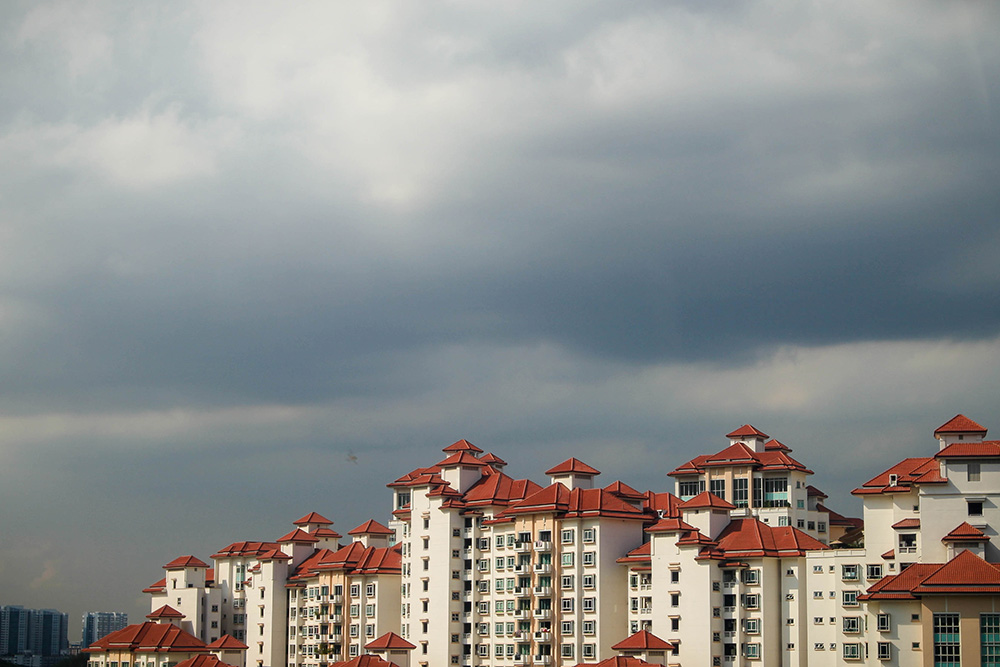“We do not need foreign capital using Canadian real estate as a piggy bank,” said Royal Bank CEO David McKay last month at a New York conference.
Unlike other countries with superstar cities that attract international investment, Canada has a lack of policies in place to ensure that locals aren’t swept away by the flood of foreign money.
That’s why it was a surprise when the BC Liberal government under Christy Clark rolled out a foreign buyers’ tax in 2016. A 15 per cent tax on Metro Vancouver homes purchased by foreigners, it was the first of its kind in Canada.
The NDP government that succeeded Clark expanded the foreign buyers’ tax in February. The tax was bumped up to 20 per cent and expanded to the Fraser Valley, the Central Okanagan, the Capital region and the Nanaimo region.
But perhaps we need to blame the Adam as well as the Eve; not just buyers with wealth, but the sellers doing the taking.
In February, Vancouver city council approved a motion calling on the provincial government to implement a flipping tax on capital gains when properties are sold within a short time. Green Coun. Adriane Carr noted that when she suggested the demand-cooling measure two years ago in council, “nobody voted for this idea but me.”
But what might a flipping tax look like?
Singapore has one in place. It’s called a seller’s stamp duty. The heaviness of the duty depends on how soon a property is resold. It also depends on when you bought the property.
Here’s one example. If you bought a home sometime after March 2017 and you sell the property within a year of its purchase, the duty is 12 per cent of the purchase price or the market value, whichever is higher. If it’s sold between one and two years of the purchase, the duty is eight per cent. If it’s sold between two and three years, the duty is four per cent. If it’s sold after three years of its purchase, there is no duty.
The duty is heavier for properties purchased between January 2011 to March 2017, to reflect the market during that period, but it’s the same principle: the faster you flip, the harder you’re hit with the duty, and that means more money for the state coffers. The Singapore duty differs from the Vancouver proposal because it is applied to property value, rather than capital gains.
Chua Yang Liang, the head of research at global real estate services firm JLL, told the Straits Times that a tax like this discouraged short-term punters.
“This helped to motivate buyers to take a longer-term stance on their investment, thus reducing speculation,” Chua said.
Singapore also has a 15 per cent duty on foreign purchases of real estate. It was created before B.C.’s tax.
The Vancouver motion suggested that the flipping tax apply not just to existing properties, but also condo presales, a popular product for flippers both domestic and foreign. The Canada Revenue Agency is currently investigating presale flips at a number of Vancouver and Toronto development sites because there is concern that taxes are being avoided in the process.
Coun. Carr’s hope?
“At the very minimum, slow down the speculative activity,” she said in council. “Tax it, and use that revenue to support getting more affordable housing within the city.” ![]()
Read more: BC Politics, Housing
















Tyee Commenting Guidelines
Comments that violate guidelines risk being deleted, and violations may result in a temporary or permanent user ban. Maintain the spirit of good conversation to stay in the discussion.
*Please note The Tyee is not a forum for spreading misinformation about COVID-19, denying its existence or minimizing its risk to public health.
Do:
Do not: